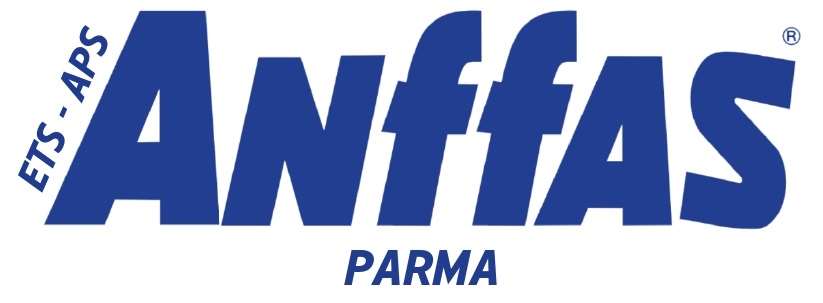People With disability: In Parma, for Associations commitments are rejected
From the ‘GAZZETTA DI PARMA’ OF 9 OCTOBER 2017
The critical note regarding the application of the “After Us” Law.
A group of Associations (among which Anffas, Angsa, Abbraccio Familiare, Itaca, Noi
uniti per l’autismo, Face) related to the disability field criticises the local
management of law 112/2016 (also known as the ”After Us” law).
On the last 19 September the Welfare alderwoman Laura Rossi, in quality of
Chairman of the district health and welfare committee, summoned a group of
volunteer associations for a generic sharing of choices made by them in using Region
funds assigned for the first phase of the norm implementation but, regarding Parma
territory, “unfortunately, the obligations indicated by the norms have been totally
disregarded” noted Cristiana Torricella.
In particular, times and modes of summoning the meeting “did not allow a true
involvement of associations starting from the project phase and the possibility of
taking some experiences, experiments and studies carried out on our territory into
account, as is as expressly provided for by the implementing decree” (Regional
Council Resolution 733/2017), proving once again that they do not consider persons
with disability and those who represent them as proper stakeholders”.
To this scope, it is reminded that the tables of territorial plans, place of choice for
participatory planning, “have not been summoned for six years”.
On the substance, the proposed program cards are “simple enunciations of
principles and good resolutions, of generic expectations and nonspecific
interventions. When, instead, following the legislator indications, the projects should
be new and innovative, showing a planning linked to solid evidence principles
capable of allowing a proficient reporting and a democratic evaluation of (personal,
functional, clinical) results. We are instead facing a new presentation (in disguise) of
already existing planning, that considers the RCR as a mere supplementary source of
funding”.
Because of this, the signed associations “did not in any way intend to endorse the
proposed document”. Moreover, also via the most representative body in the Region
(Fish), they will ask at the relevant offices that opportune verifications on the events
described will start.
Thinking of people with disabilities, the stance concludes, “the only possible way to
pursue long-term planning based on public data and procedures in line with
scientific indications. This approach, known as ‘Life project’, must become the basis
for planning supports offered by territories that respects citizens’ rights and are
consistent over time precisely because they are anchored to inalienable values and
principles”.


 English
English Italiano
Italiano Easy To Read
Easy To Read